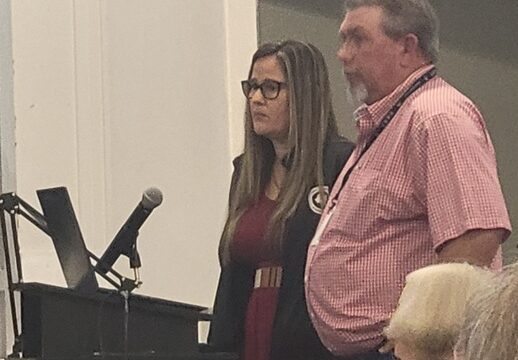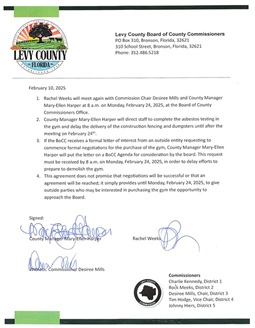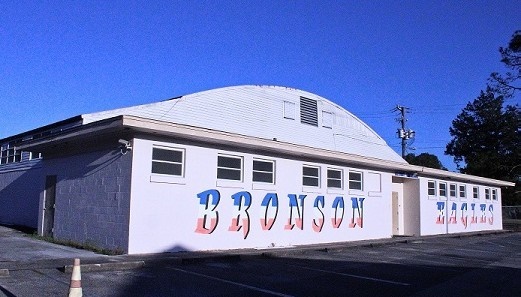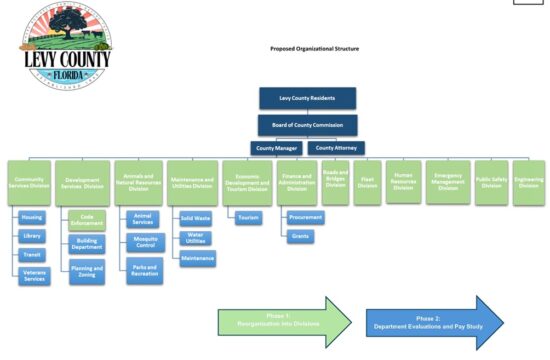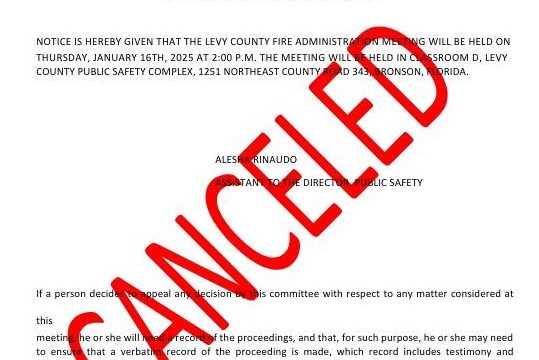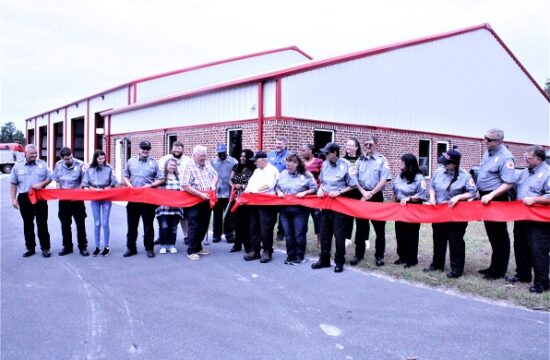By Terry Witt – Spotlight Senior Reporter
Back in the day, before a federal law was enacted to protect a person’s medical privacy, the Levy County Commission frequently granted permission for homeowners to add a dwelling to their property to care for an ailing or elderly family member.
It was a gesture of goodwill by commissioners, but in the modern age, asking someone to stand before the board in a public meeting to request a hardship variance and potentially disclose medical information about an aging parent or an ailing family member might violate the HIPPA medical privacy law.
Rather than continue using the hardship variance, the county commission has approved an ordinance that permits a homeowner to apply for a permit to add an accessory dwelling to their property for whatever purpose the second dwelling is needed.
“Accessory dwelling unit (ADU) means an additional dwelling unit, including a separate entrance and permanent provisions for living, sleeping, eating, cooking, and sanitation, that is incidental and subordinate to the principal single-family dwelling or principal mobile home dwelling on the lot,” the ordinances states.
The ordinance said the county commission amended the county Land Development Code to allow property owners to establish separate living quarters on their property that may be used to house guests, to assist friends or relatives, and/or provide rental housing.
The ordinance, which applies only to unincorporated areas of the county, not cities, makes no mention of medical hardships or hardships of any sort. The homeowner must contact the county to apply for an accessory dwelling (see attached forms). The county commission doesn’t get involved in approving the permit.
Levy County Planning and Zoning Director Stacey Hectus said homeowners aren’t losing any rights with the new process. They can still care for an elderly or ailing family member. It’s just a different process and a better one that affords more privacy for the family and fits the county’s Land Development Code.
One of the requirements of the new accessory dwelling ordinance is that the property owner must sign an affidavit and show proof that they have a homestead exemption for the main dwelling before they can add an accessory dwelling.
An accessory dwelling can be a mobile home that is added to the main home or it can be a dwelling that is constructed on the same property as the principal dwelling.
Without getting too far into the weeds explaining this new ordinance, if you have any questions, see the attachments to this story that explain the details of what is required and where to get questions answered to get an EDU.
There are currently 136 hardship variances that were granted before the accessory dwelling ordinance was adopted and those remain valid as long as the hardship exists. The county will continue to track the variances as required by county law. When the hardship ceases to exist, the variance expires.
The dwelling added for the hardship can remain if the property is more than an acre. If the property is less than an acre, the hardship dwelling must be removed once the hardship no longer exists, according to the county.
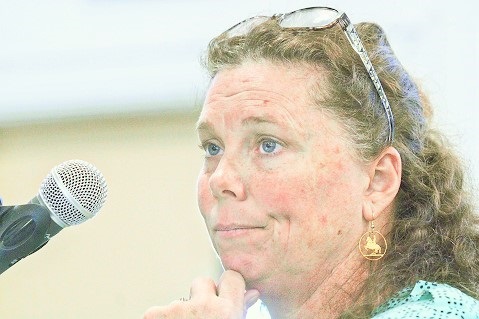
—————-
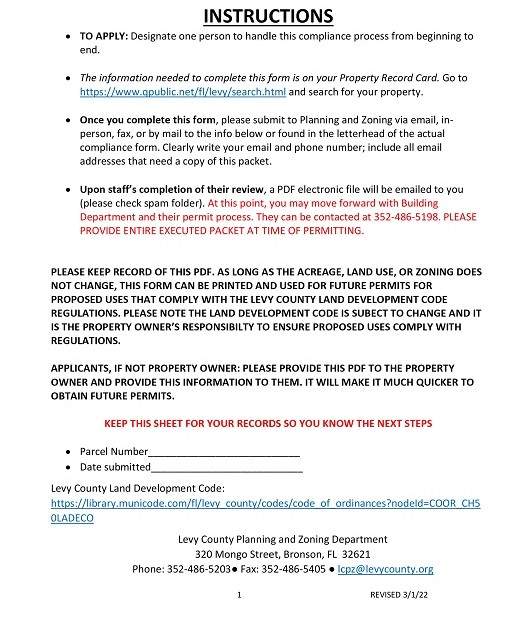
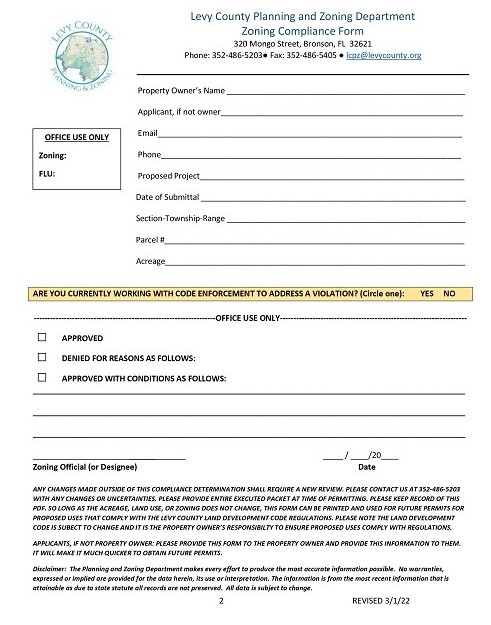
—————————————————–
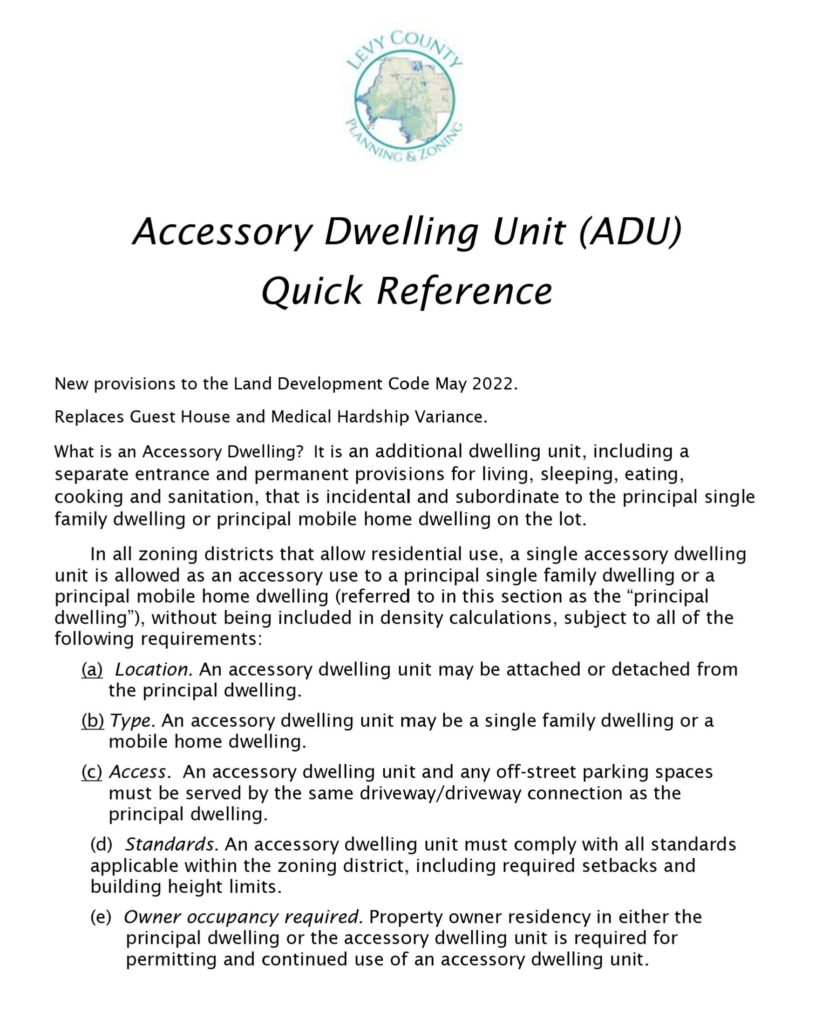
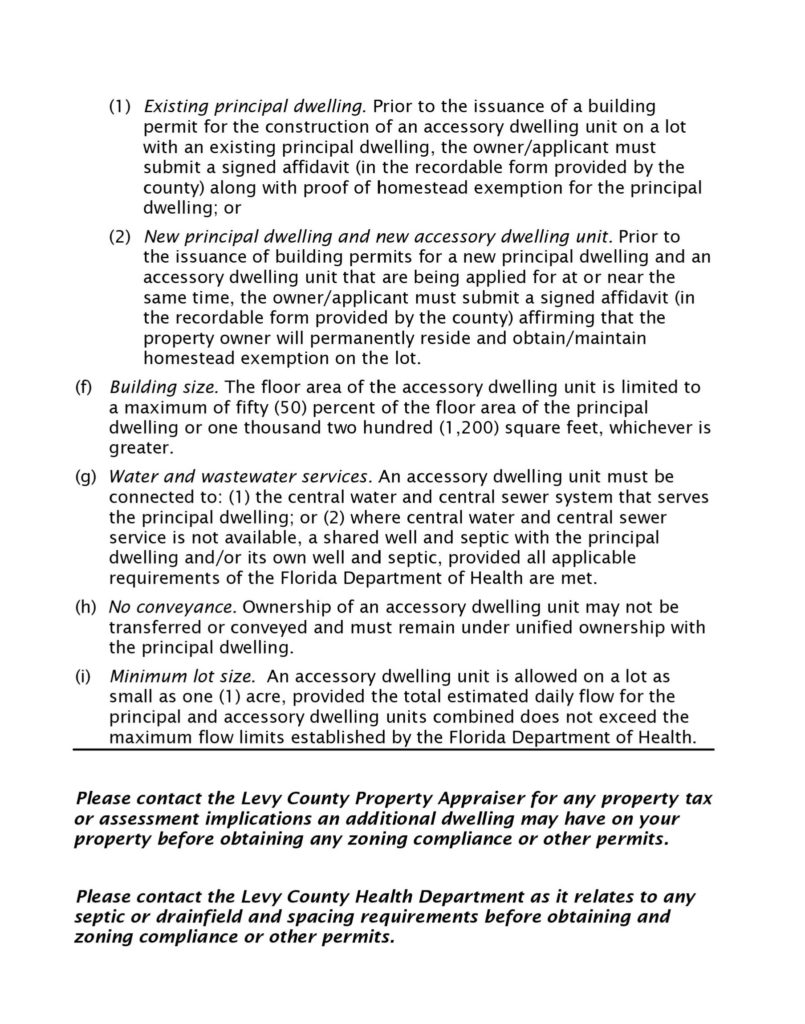
Board of County Commission Regular meeting May 17, 2022; Posted May 22, 2022



